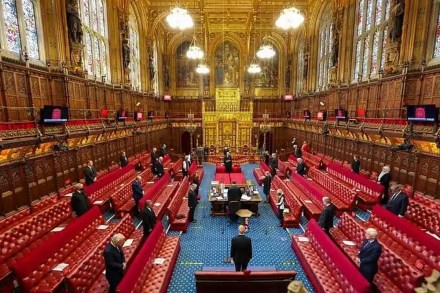The best deer deterrent? Radio 4
Behind the latest push for recognition of a Palestinian state – even though there is no agreement of what it is that might be recognised – is a sort of impersonation of the story of Israel. Palestinian activists want their own Balfour Declaration. President Macron wants France and Britain to come up with their own Sykes-Picot agreement, but pro-Palestinian. You might think that the clamour would have been shamed into silence by the massacres and hostage-taking committed by Hamas on 7 October 2023. On the contrary, these have somehow empowered the mimicry in wilder and more horrible ways. The genocide, we are now told, is being committed not by Hamas,







